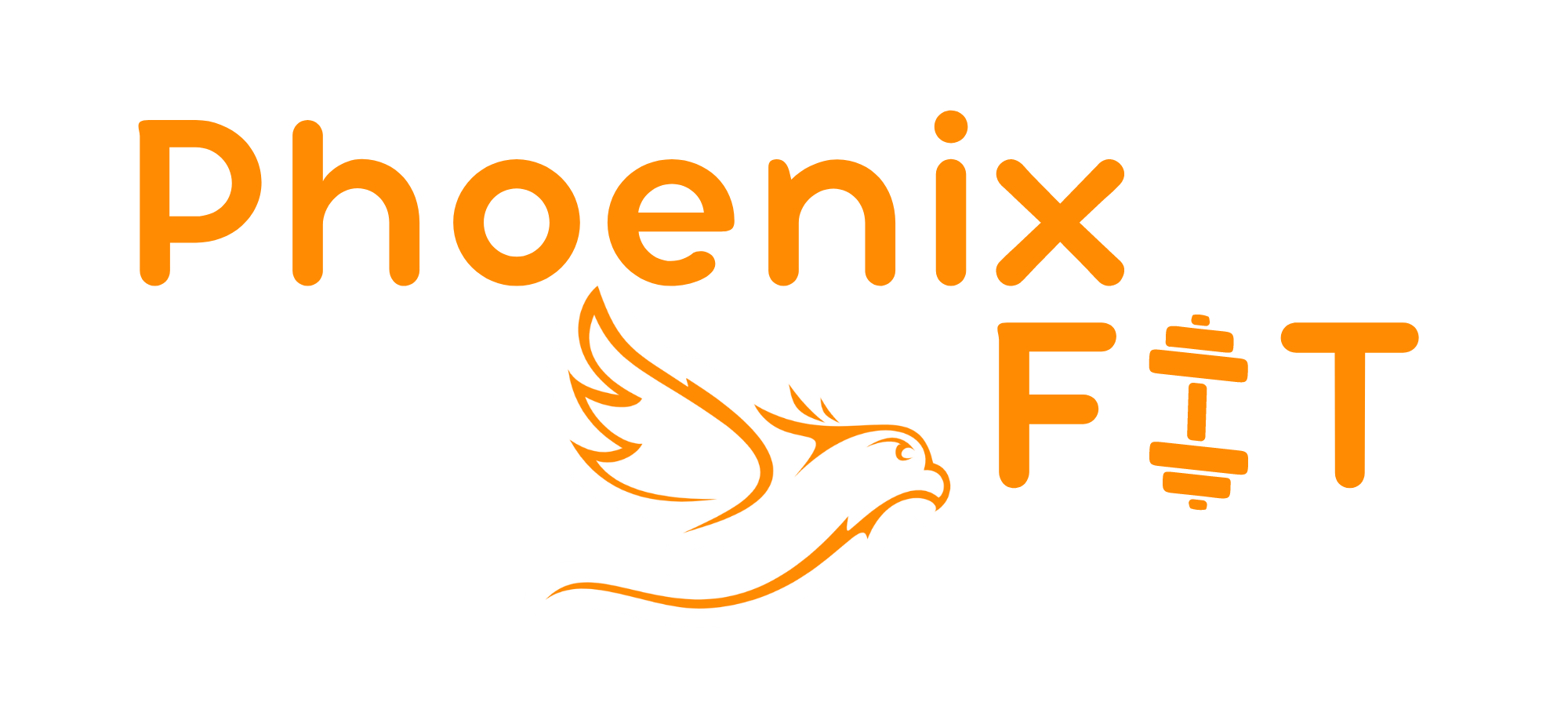Ocean Athlete Academy Curriculum
Introduction
Our Coastal Explorers Program offers a comprehensive, multidisciplinary curriculum designed to immerse children aged 3-7 in the rich coastal environment of Carlsbad. By integrating STEM projects, art activities, science experiments, and animal discoveries, we provide hands-on learning experiences that foster curiosity, creativity, and environmental stewardship. A key component of our program is active participation in beach cleanups, emphasizing community involvement and the preservation of our natural beaches.
STEM Projects
Engaging young minds in science, technology, engineering, and mathematics through practical, beach-related projects.
• Sandcastle Engineering: Children explore basic engineering principles by designing and constructing sandcastles, learning about structural stability and the effects of water on sand.
• Tide Pool Investigations: Guided explorations of tide pools allow children to observe marine organisms in their natural habitats, fostering an understanding of biological diversity and ecological relationships.
• Seashell Classification: Through collecting and sorting seashells, children practice classification skills, enhancing their ability to observe and categorize based on physical characteristics.
• Salty Science: Floating Eggs – Discover how salt changes water density and makes objects float!
• Melting Polar Ice Caps – Simulate how melting icebergs and glaciers affect sea levels.
• Building Beaches – Explore how sand, rocks, and waves shape and erode shorelines.
• Why the Ocean Moves – Learn how wind, temperature, and currents affect ocean movement.
• Shell Sorting – Classify shells by size, shape, and color to learn about patterns in nature.
• Sandcastle Math – Measure and compare sand structures to practice early math skills.
• Scavenger Hunt – Identify natural beach treasures and explore their unique properties.
Art Projects
Encouraging creative expression inspired by the coastal environment.
• Beach Debris Art: Utilizing collected, safe beach debris, children create art pieces, transforming waste into visual statements about environmental conservation.
• Nature Sketching: Children practice observational drawing by sketching coastal landscapes and wildlife, enhancing their attention to detail and appreciation for nature’s beauty.
• Sand Painting: Using colored sands and natural materials, children create ephemeral artworks, learning about texture, color, and the transient nature of art.
Science Experiments
Hands-on experiments that introduce fundamental scientific concepts.
• Salinity Testing: Children measure and compare the salinity of ocean water and freshwater, understanding the concept of salinity and its impact on marine life.
• Solar Desalination: Through constructing simple solar stills, children learn about the process of desalination and the water cycle.
• Wind Observation: By crafting and using simple anemometers, children observe wind patterns and discuss their effects on coastal environments.
Animal Discoveries
Exploring local fauna to foster empathy and ecological awareness.
• Bird Watching: Children identify and observe coastal bird species, learning about their behaviors, diets, and roles in the ecosystem.
• Crab Encounters: Guided observations of crabs in their natural habitats teach children about adaptation, locomotion, and the importance of each species in the food web.
• Marine Mammal Awareness: Through storytelling and visual aids, children learn about local marine mammals, such as seals and dolphins, and the importance of protecting their habitats.
Beach Cleanups and Community Involvement
Instilling a sense of responsibility and community service.
• Structured Cleanups: Children participate in organized beach cleanups, learning about the sources and impacts of marine litter.
• Data Collection: During cleanups, children assist in recording types and quantities of debris, contributing to citizen science projects and understanding pollution patterns.
• Community Outreach: Children create posters and presentations to educate others about the importance of maintaining clean beaches and protecting marine life.
Educational Benefits
Research indicates that outdoor learning environments, such as beaches, significantly enhance children’s understanding of scientific and mathematical concepts. A study by Deakin University found that four- and five-year-olds participating in beach programs developed better math and science knowledge compared to traditional classroom settings.
Conclusion
The Coastal Explorers Program provides a holistic educational experience that combines academic learning with real-world applications. By engaging in diverse activities, children not only acquire knowledge but also develop a deep appreciation for their community and the natural world. This program lays the foundation for lifelong environmental stewardship and active citizenship.
For more details about our curriculum and enrollment information, please visit our website or contact our program coordinator.

